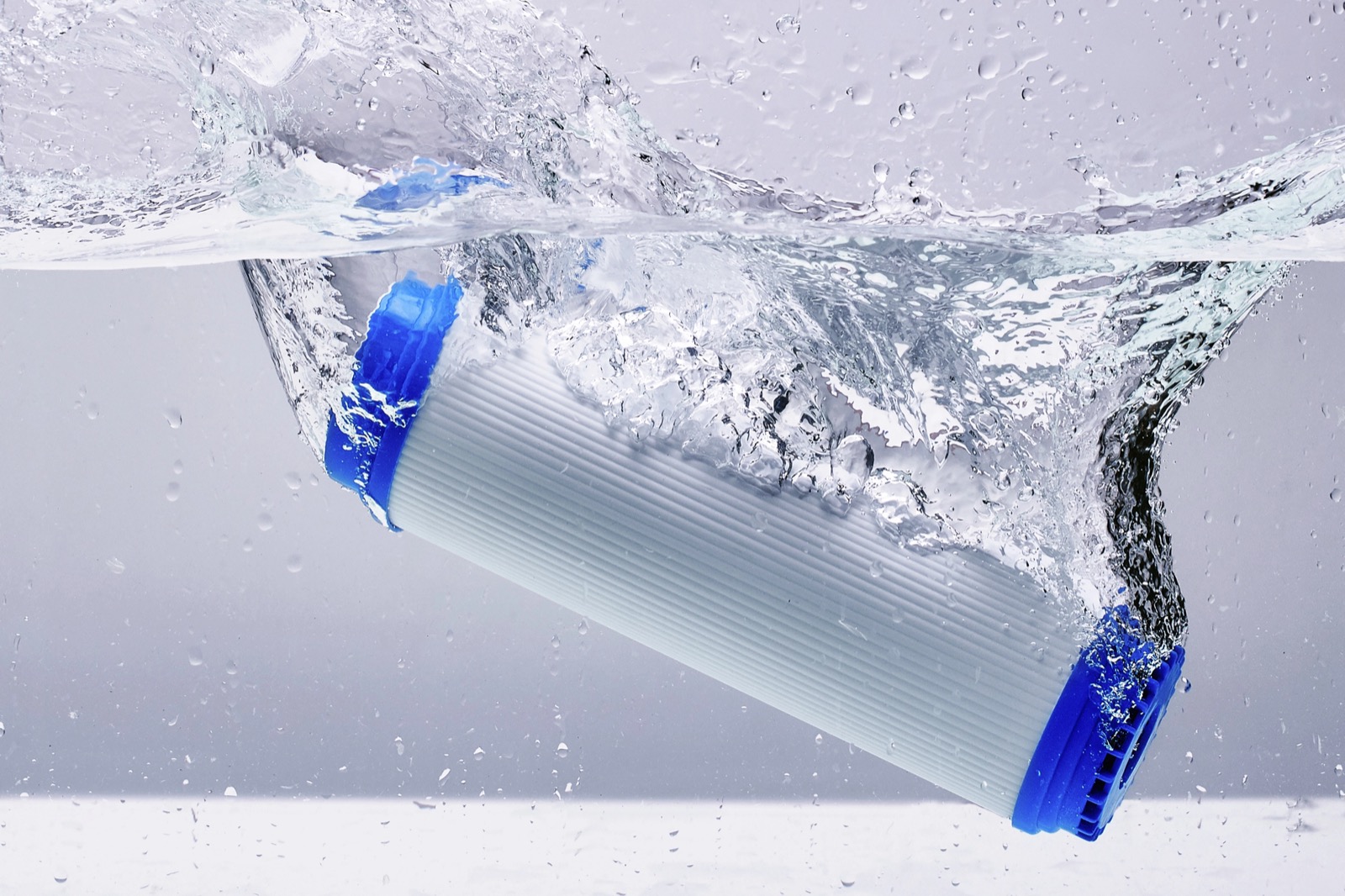As we navigate through 2025, the demand for clean and safe drinking water continues to rise, prompting significant advancements in residential water quality systems. One of the most exciting innovations this year is the emergence of smart water filtration technology, which is transforming how homeowners manage their water quality.
The Rise of Smart Water Filtration Systems
Smart water filtration systems integrate advanced technology to monitor and enhance water quality in real-time. These systems utilize AI-driven sensors that continuously track various water parameters, such as pH levels, chlorine content, and turbidity. This real-time monitoring allows homeowners to receive instant alerts about any changes in water quality, ensuring they can address potential issues before they escalate.
For instance, if a sensor detects a spike in contaminants, the system can automatically adjust filtration processes or notify the homeowner via a mobile app. This proactive approach not only enhances safety but also optimizes the efficiency of the filtration system, reducing waste and prolonging the lifespan of the filters.
Enhanced Filtration Techniques
In addition to smart monitoring, these systems often incorporate advanced filtration technologies such as reverse osmosis (RO) and ultrafiltration (UF). These methods are highly effective at removing a wide range of contaminants, including harmful substances like PFAS (per- and polyfluoroalkyl substances), heavy metals, and bacteria. The combination of smart technology and advanced filtration ensures that homeowners have access to the highest quality water possible.
Eco-Friendly and Sustainable Solutions
Another key aspect of these innovations is their focus on sustainability. Many smart water filtration systems are designed to be energy-efficient and reduce water waste. For example, high-efficiency RO systems minimize the amount of water lost during the filtration process, making them a more environmentally friendly option. Additionally, some systems are equipped with self-cleaning features, reducing the need for frequent maintenance and filter replacements.
Conclusion
The integration of smart technology into residential water quality systems represents a significant leap forward in ensuring safe and clean drinking water. With real-time monitoring, advanced filtration techniques, and a focus on sustainability, homeowners can enjoy peace of mind knowing that their water quality is being actively managed. As these innovations continue to evolve, Aqua Clear is committed to providing cutting-edge solutions that meet the needs of modern households, ensuring that every drop of water is pure and refreshing.
Stay tuned for more updates on the latest advancements in water quality solutions!
